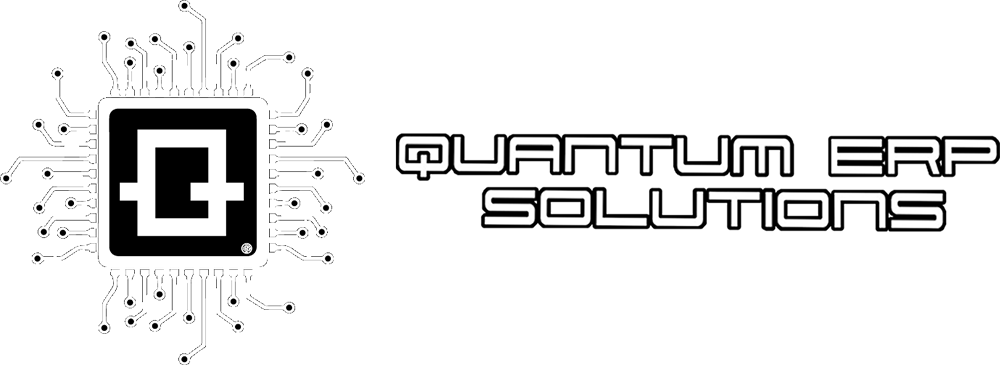Tips for Business ERP Optimization
Posted on 27th October, 2023

When it comes to ERP, most businesses realize it is crucial to select the right system and implement it successfully. Similarly, when it comes to advice about ERP, the majority of analysts and consultants focus their attention on the best practices for ERP vendor selection and implementation. However, very few analysts pay attention to what happens after the implementation. A business will spend many more months using an ERP system than it will implementing it.
Usually, a company will take three to six months to select a new ERP system and another year to implement it, but it will be using that system to support the business operations for seven years, ten years, or even longer. Therefore, business leaders need to periodically optimize their ERP systems. Here are eight tips for businesses on how to optimize their ERP systems and prolong their life cycle.
1. Align Business Goals and Processes
The main reason a business optimizes its ERP system is to check if there are enough similarities and alignment between its business goals and processes. For example, if the ERP system has been in use for many years, it is possibly no longer sharing the same goal with the business process and, thereby, no longer has the same level of productivity.
2. Find Corrective Measures
Problem identification and evaluation will never be complete until there are corrective measures. Correcting the ERP life cycle does not always mean upgrading the system by enforcing a new process. Often, it is just about optimizing the existing process and operations, such as finding and filling the gaps.
3. Plan and Implement
Most businesses fail at the execution stage because they lack an adequate plan to implement ideas. So, the problems are often as unsolved as they were found. For an effective implementation plan, organizations should conduct a risk assessment, establish a budget, and divide the ERP optimization tasks among the most experienced employees.
4. Assess and Evaluate Problems
Optimization is at the core of problem identification and assessment. When optimizing your ERP system, make sure that you identify the problems and assess these problems by evaluating the causes. Problems in the ERP system can stem from the software, the business operation, and the people your company employs to oversee business strategies.
5. Identify Optimization Costs
Cost identification in optimization is the separation of costs into several categories, with the more urgent ones at the top. Identifying costs is part of effective budget-making decisions and efficient ERP system optimization. This classification makes for rational decision-making.
6. Navigate Through Shortcuts
Businesses can navigate through operations by using shortcuts without beating themselves. Your ERP programs do not function in a vacuum of independent thoughts. They come with tweaks and tricks you can use to save time, and the saved-up moments can be focused on more pressing needs.
7. Use Web-Based Solutions
Have you heard about cloud computing? It is a network of servers storing and managing data. The world of business and marketing is data-driven. Nearly everything in the world is currently in the cloud. Microsoft, Oracle, Amazon - all the big organizations and their resources are online. Consequently, if you must consider any new optimization solutions, make sure it is web-based.
8. Understand Your Business Workflow
Your business's ERP optimization process influences your core departments, such as finance, HR, inventory, and supply chain. These are essential aspects of your operation. If the optimization goes wrong, these departments will be impacted. So, you need to understand the business workflow, the performance of your departments, and the optimization applications that satisfy their needs.
ERP systems simplify business processes and ensure improved accessibility and greater efficiency. Still, efficiency is impossible without proper optimization across the different aspects of the ERP life cycle. Each life cycle is a phase that contributes to the overall business performance. Organizations can optimize their operations by identifying, assessing, evaluating, planning, and implementing key corporate decisions. Doing this guarantees improved business intelligence.
The team at Quantum ERP Solutions can help you implement your ERP system with ease
At Quantum ERP Solutions, we diligently assist you throughout every project phase to achieve the results that will improve operational efficiency and turnaround time. We also offer project management, functional consultancy, technical consultancy, development, and quality assurance.
Our team of experts will seamlessly integrate our solutions into every Microsoft application, every payment gateway API, every API type, every file type, and every database type through Open Database Connectivity. If you are looking to easily implement your ERP system, do not hesitate to contact Quantum ERP Solutions.
